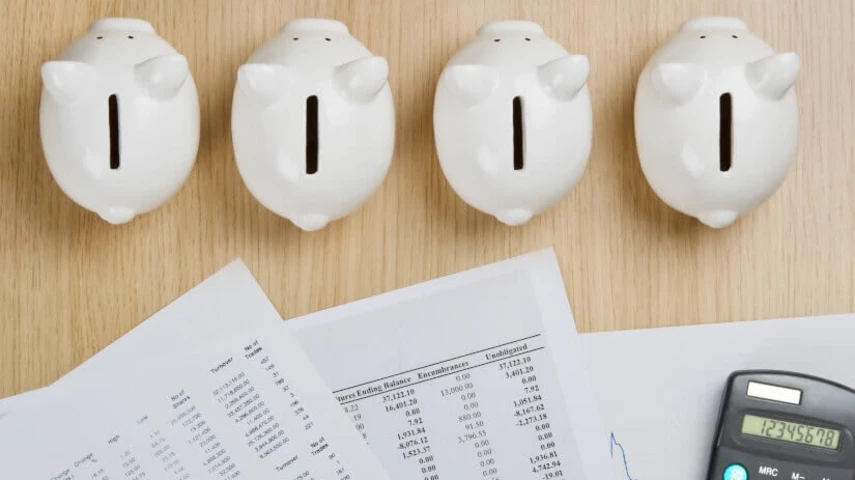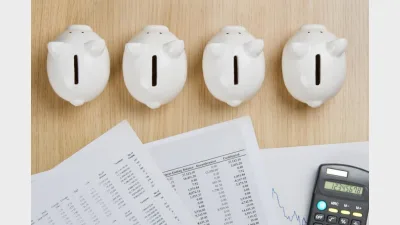Super industry divided on Labor’s ‘significant’ tax reforms



While the superannuation industry has largely commended Labor’s push for equitability in doubling the concessional tax rate for multi-million dollar balances, some have questioned if the reforms would further complicate the system and undermine confidence.
Applicable from July 2025, the Albanese Government’s proposed measures would raise the concessional tax rate for balances exceeding $3 million from 15% to 30%.
Prime Minister Albanese stated the changes would impact some 80,000 Australians or 0.5% of super accounts. The revised rate would not be retrospective, he added, as it would apply only to future earnings and would bring in approximately $2 billion in additional tax over four years.
This “modest adjustment” was expected to make the system fairer and more sustainable, according to Treasurer Jim Chalmers.
Industry Super Australia (ISA) backed the proposed reforms, stating the changes would help level up the super system for all Australians.
“Higher balances are more likely used as tax minimisation strategies or estate planning and as such should not attract such generous tax treatment.
“The Retirement Income Review, commissioned by the former Coalition Government, put the issue of tax concessions for exceptionally high balances on the agenda.
“It found that 2000 people with balances more than $10 million were receiving concessions of $160,000 a year – which is more than the average super balance of everyday Australians.”
ISA chief executive Bernie Dean said: “The former government's review of retirement incomes showed how it was untenable for very wealthy people to get tax breaks that are bigger than the average Australian’s whole super balance, and we agree.”
The Australian Institute of Superannuation Trustees (AIST) observed the proposal of 30% tax on earnings was still lower than the highest marginal tax rate and welcomed the move towards addressing inequity.
“It’s appropriate that people with very high balances like this, which are more than what is needed to fund a comfortable retirement, will pay more tax,” said AIST CEO Eva Scheerlinck.
“Coming just over a week since the Government began consultation on legislating an objective for superannuation, this announcement continues the process of improving our $3.4 trillion industry for the benefit of all Australians, regardless of gender, culture, education or socio-economic background.”
Meanwhile, Dr Martin Fahy, chief executive of the Association of Superannuation Funds of Australia (ASFA), voiced cautious optimism in reading the “significant” measures.
“ASFA will need to carefully assess any unintended consequences, and importantly, the extent to which the associated tax savings will be used to address the gender retirement gap and to boost super balances for low-income earners,” Fahy stated.
Critics of the reform have included the SMSF Association, arising from concerns it would undermine confidence in super and further complicate the system. Association chief executive Peter Burgess observed that initial fears of a hard cap on SMSFs with high balances had thankfully not been realised.
“These initial concerns primarily revolved around the potential for a hard cap to force the removal of super balances above a certain limit – as this risked a raft of seemingly unnecessary complexities and disruption to markets as well as individual retirement plans,” Burgess said.
He considered Treasury’s Fact Sheet explaining how the concessions would be calculated as a mixed blessing for self-managed super funds, who would not be required to calculate the earnings attributable to the member’s balance above $3 million.
“Although we oppose the introduction of another super balance threshold, we are relieved that the Government is seeking to address the issue they have been grappling with without forcing the removal of super benefits or restricting the amount that an individual is permitted to save through the super system.”
It would be pertinent to remember that large balances were a legacy issue, he added.
“Today it’s very difficult to accumulate large balances in super because of the contribution caps and the transfer balance cap is designed to remove large balances over time – we just need to give these caps time to work.”
Aware Super chief executive Deanne Stewart stated the fund stood against “tinkering” with super but acknowledged the need for fairness in the system.
Like other funds, Aware encouraged the government to use the budgetary savings achieved from the reform to address other inequities by paying superannuation guarantee contributions on paid parental leave or raising the low-income super tax offset (LISTO) to improve the financial stability of many women and low-income earners.
Recommended for you
Big business has joined the chorus of opposition against the proposed Division 296 tax.
Future Group is set to take on nearly $1 billion in funds under management (FUM) and welcome more than 100,000 new members following two significant successor fund transfers.
Insignia’s Master Trust business suffered a 1.9 per cent dip in FUA in the third quarter, amid total net outflows of $1.8 billion.
While the Liberal senator has accused super funds of locking everyday Australians out of the housing market, industry advocates say the Coalition’s policy would only push home ownership further out of reach.













